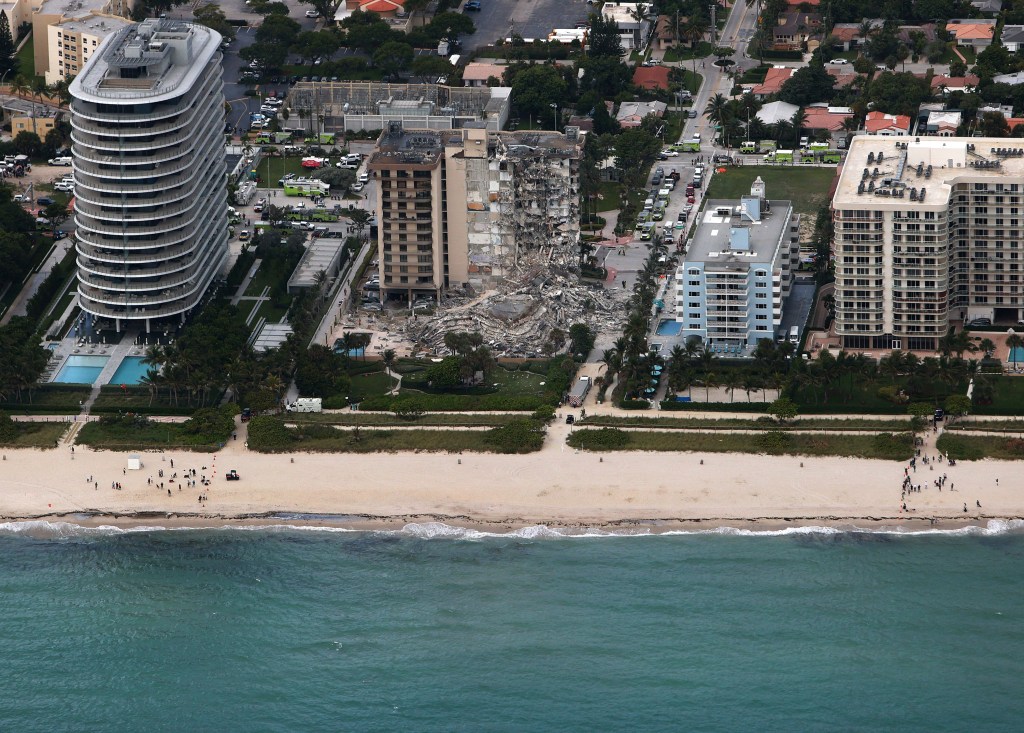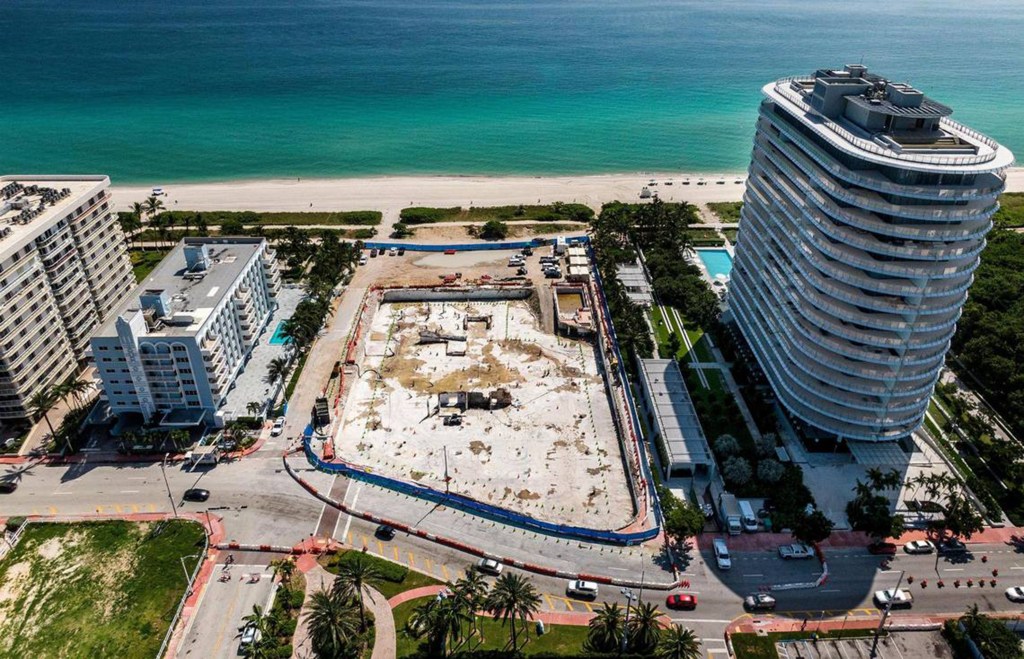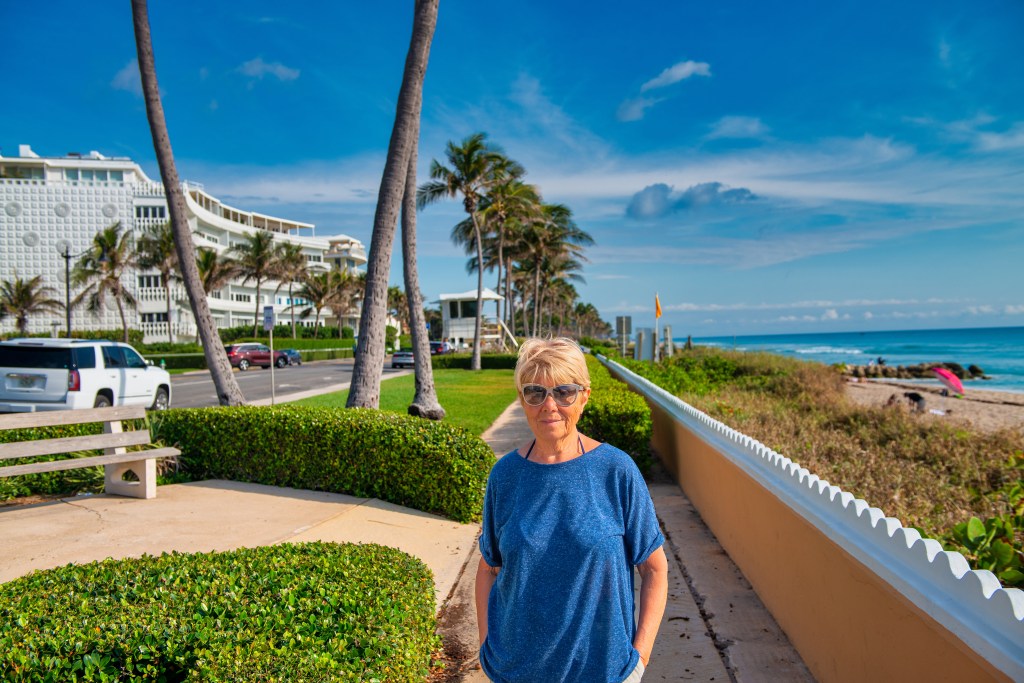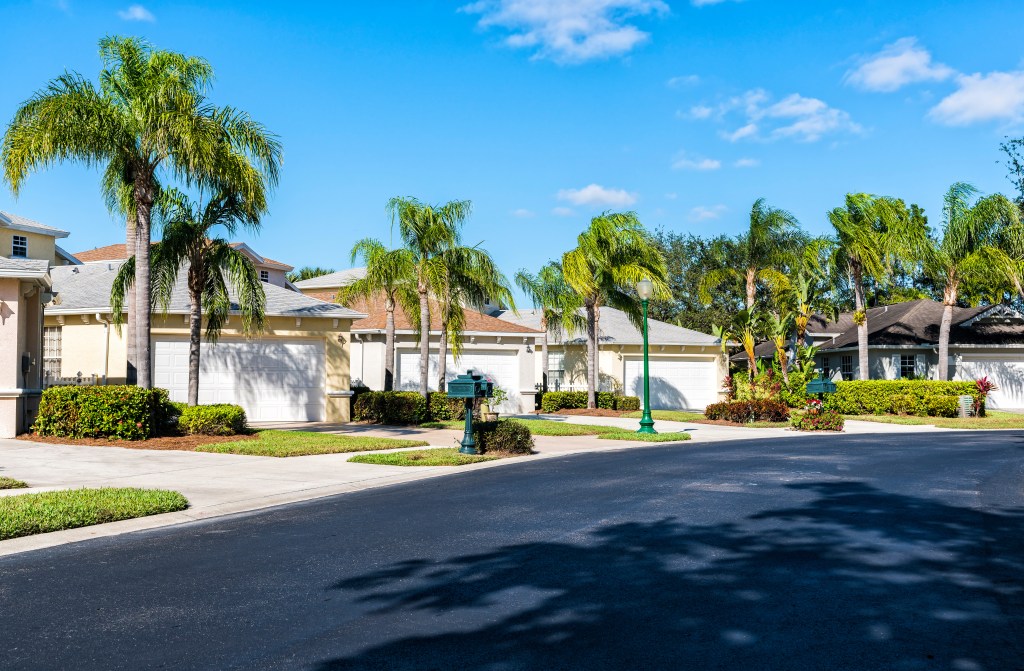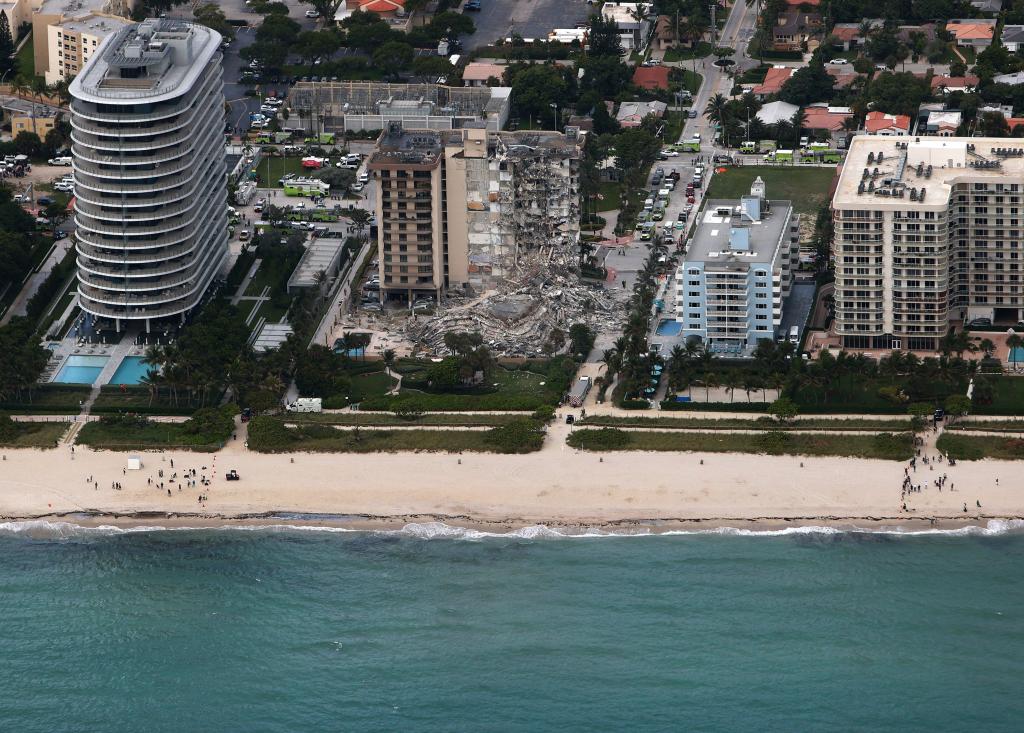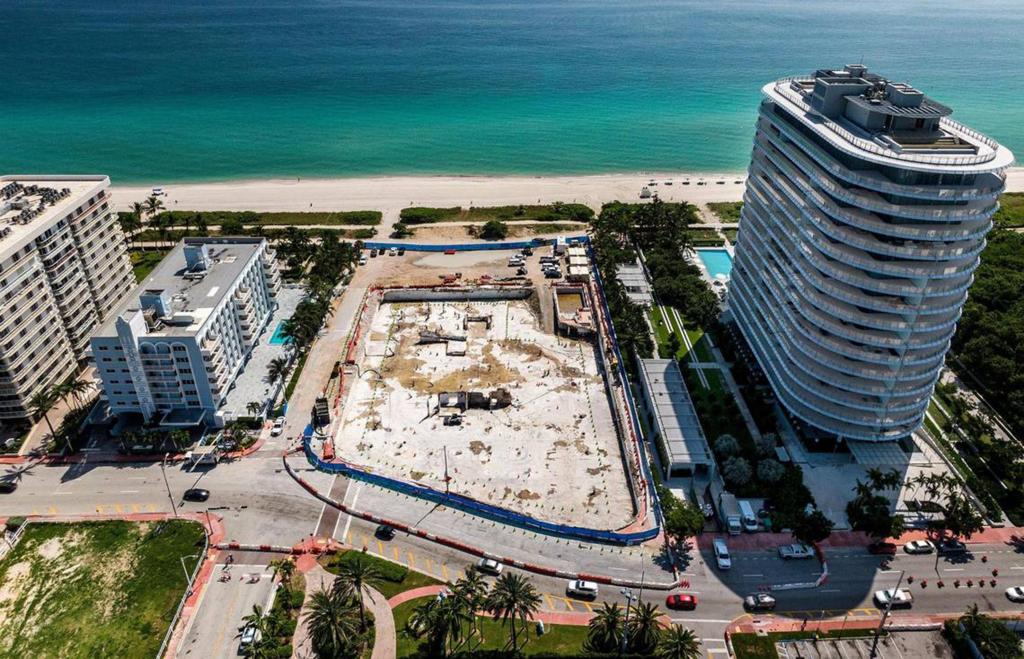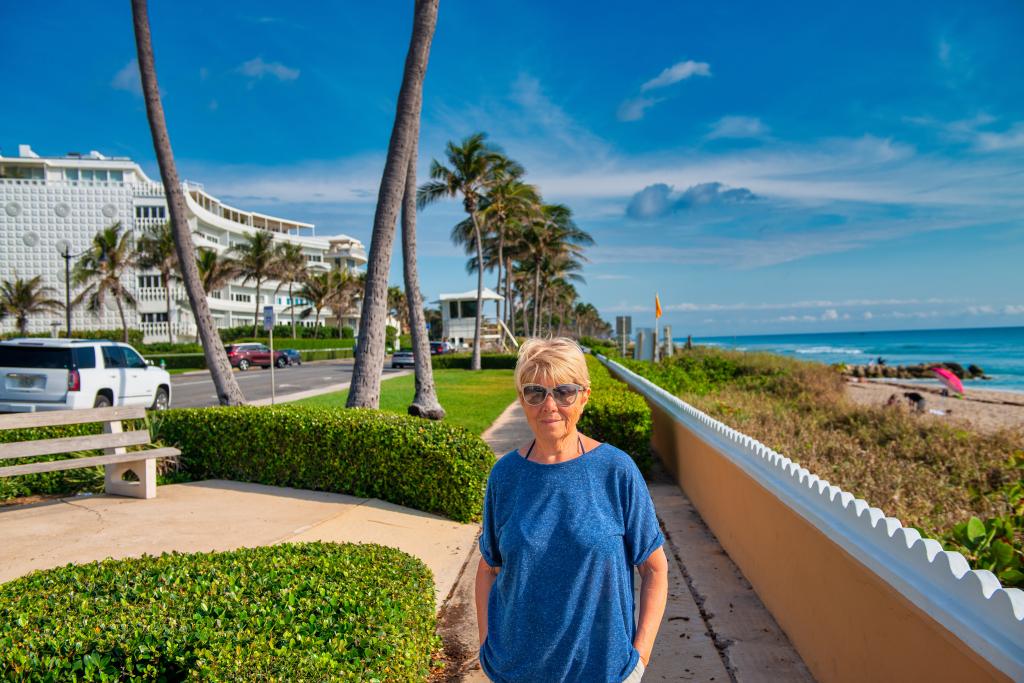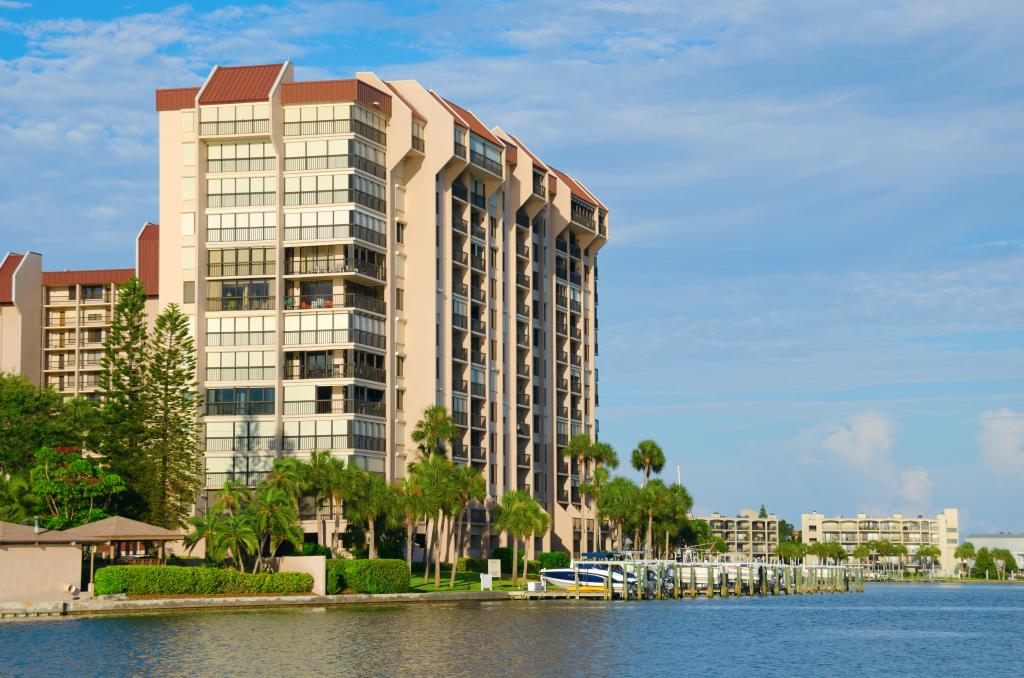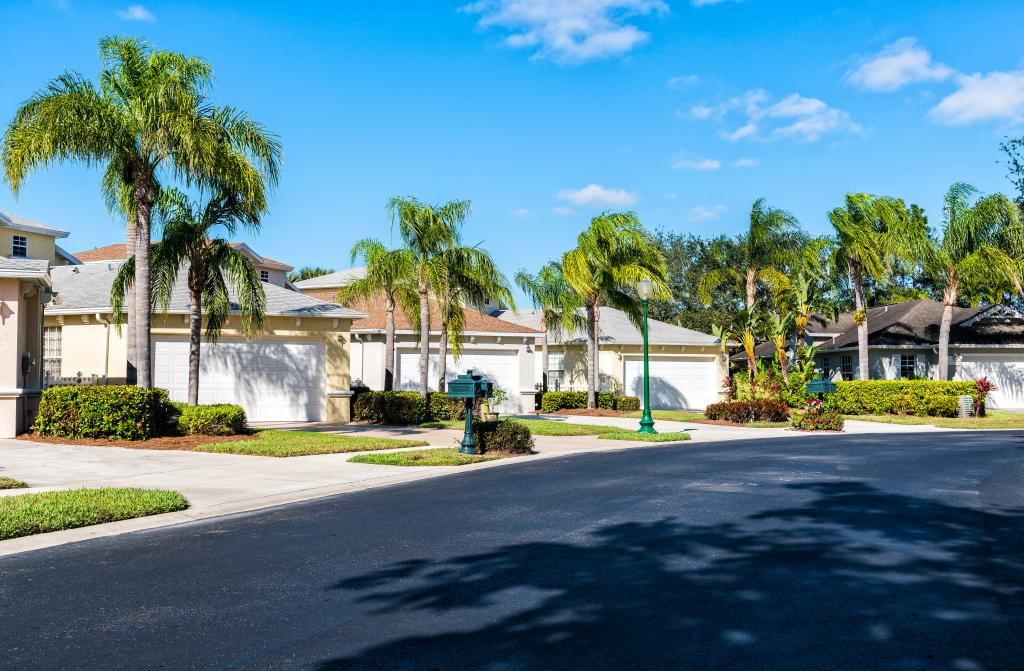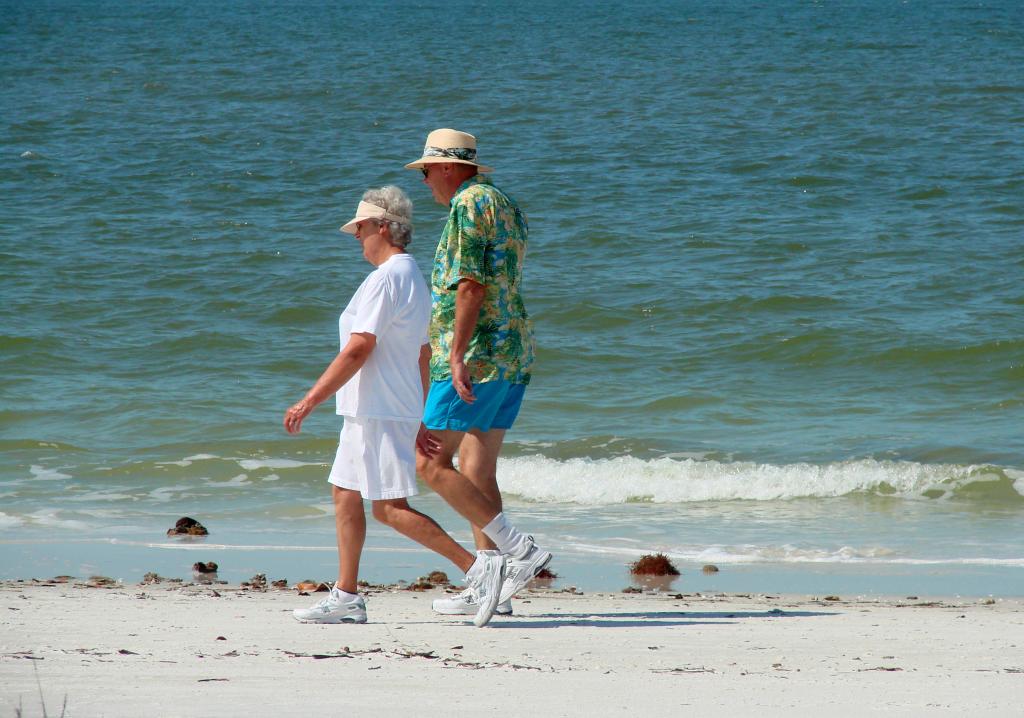South Florida’s soaring condo costs are pricing out retirees on fixed incomes
South Florida, long a beacon for retirees chasing sun-soaked golden years, is turning into a financial nightmare for those on fixed incomes.
Skyrocketing home prices, ballooning condo fees and a barrage of new regulations are squeezing retirees out of their dream homes, sending grave implications through the retirement housing market.
In particular, it’s playing out in the Sunshine State’s condo supply — condos being an attractive method of homeownership for older generations looking to downsize. New safety laws sparked by the 2021 Champlain Towers South collapse in Surfside, which claimed 98 lives, have unleashed a tidal wave of high costs.
Florida’s Building Safety Act mandates structural inspections for condos over 30 years old, with repairs due within a year. Those costs are now coming due. For buildings already cash-strapped, this means massive special assessments — some as high as $400,000 per unit, like at Aventura’s Mediterranean Village, meaning retiree homeowners now have to cough up lots of extra cash per month to keep up.
Retirees, often reliant on pensions or savings, are reeling.
“The fees are now too expensive,” Chad Carroll, of Compass, told The Post. “The cost of living is too expensive. You see a huge transition from the older generation to now, a new, younger generation coming in and scooping up those houses while the older generation is priced out and forced to find different locations to live — most of the time outside of the immediate area and further north or to a different state or sometimes country. I have a lot of retirees that actually move to South America. A lot of people go to Colombia. Costa Rica.”
That means they’re selling.
Listings for condos in Miami-Dade, Broward and Palm Beach counties — hot spots for older generations in their later years — spiked to 20,293 in mid-2024, up from 8,353 the year prior, per ISG World.
Nearly 90% of these condo homes are in buildings in excess of 30 years old — prime targets for the new regulations. Yet buyers, spooked by unpredictable repair costs and soaring insurance premiums, are steering clear. Some owners have slashed prices by 40% to offload properties before the bills hit, but even that’s not enough.
At Miami’s Cricket Club, a 50-year-old tower saddled with $134,000-per-unit assessments, two-bedroom condos are languishing at $220,000 — half the area’s median price.
The fallout is reshaping South Florida’s retirement landscape. Country club communities, once retiree havens, are turning over to younger, wealthier families.
“That shift was very strong,” Carroll said. “And, you know, the amount of buyer demand that we’re seeing today far surpasses what we’ve ever seen before. And it would be very hard to go back to affordable standards of living after becoming one of the most expensive places to live in the country.”
The retirement home market’s woes threaten broader economic tremors.
“In the worst-case scenario, a significant number of condo associations could go bankrupt due to the inability to cover the costs of necessary repairs and maintenance,” Steven Kupchan of One Sotheby’s International Realty, . “This could lead to widespread foreclosures, plummeting property values and a ripple effect throughout the local real estate market.”
If 15% of a building’s owners default on assessments, mortgage financing could dry up entirely, rendering units unsellable. Fannie Mae’s blacklist of 1,400 Florida condos — 29% of its national total — already signals distress.
Retirees like Karen Shipman, who bought a Venice condo in 2021, feel the dream slipping away.
“I feel like it’s paradise lost now,” she told ABC Action News.
Kathleen DiBona, a 50-year Hollywood resident and civic leader, sees the pain firsthand.
“A lot of people moved here to be able to retire and live their life here, and they’re on fixed incomes,” she previously told The Post. “They’re having a difficult time being able to manage all that’s coming and hitting them.”
